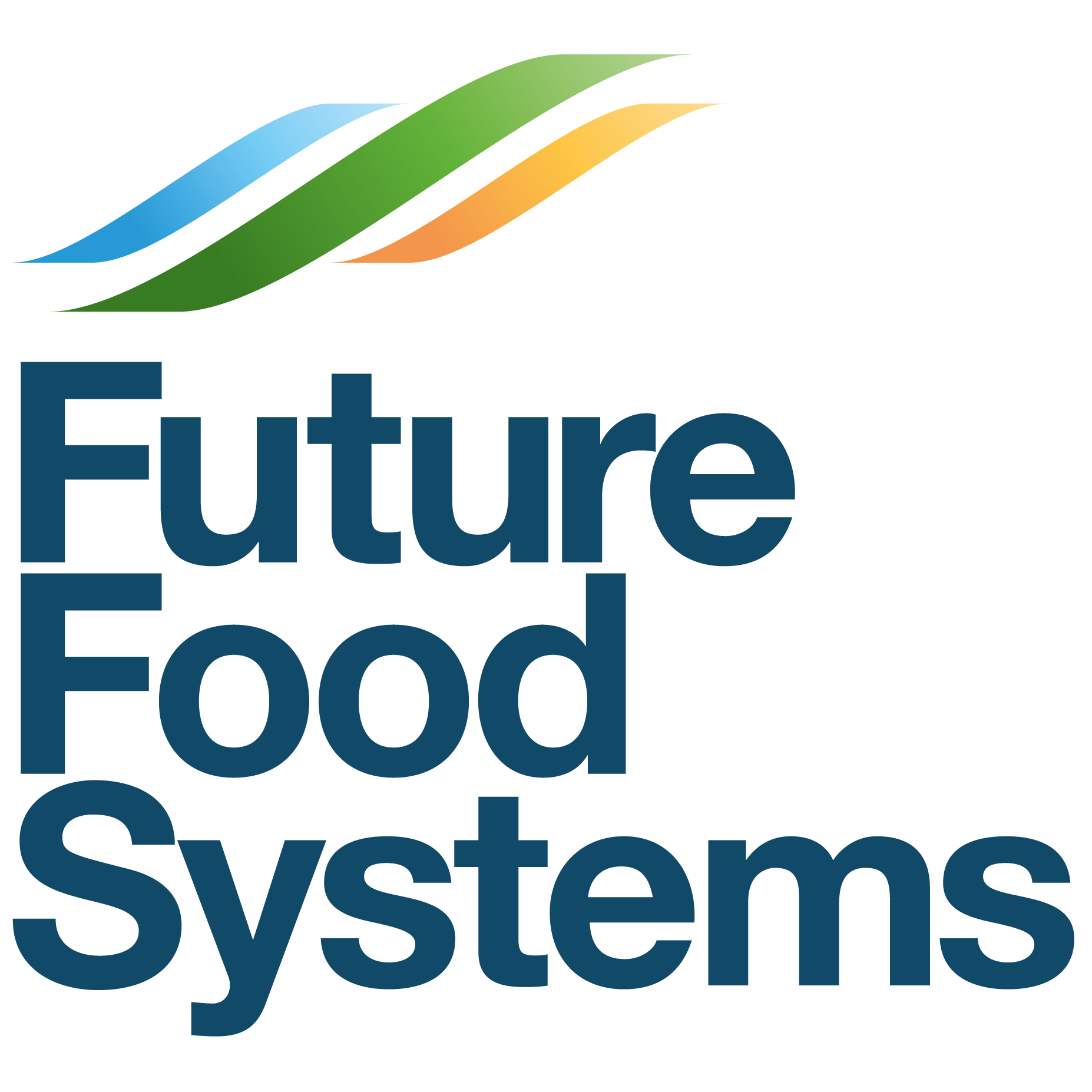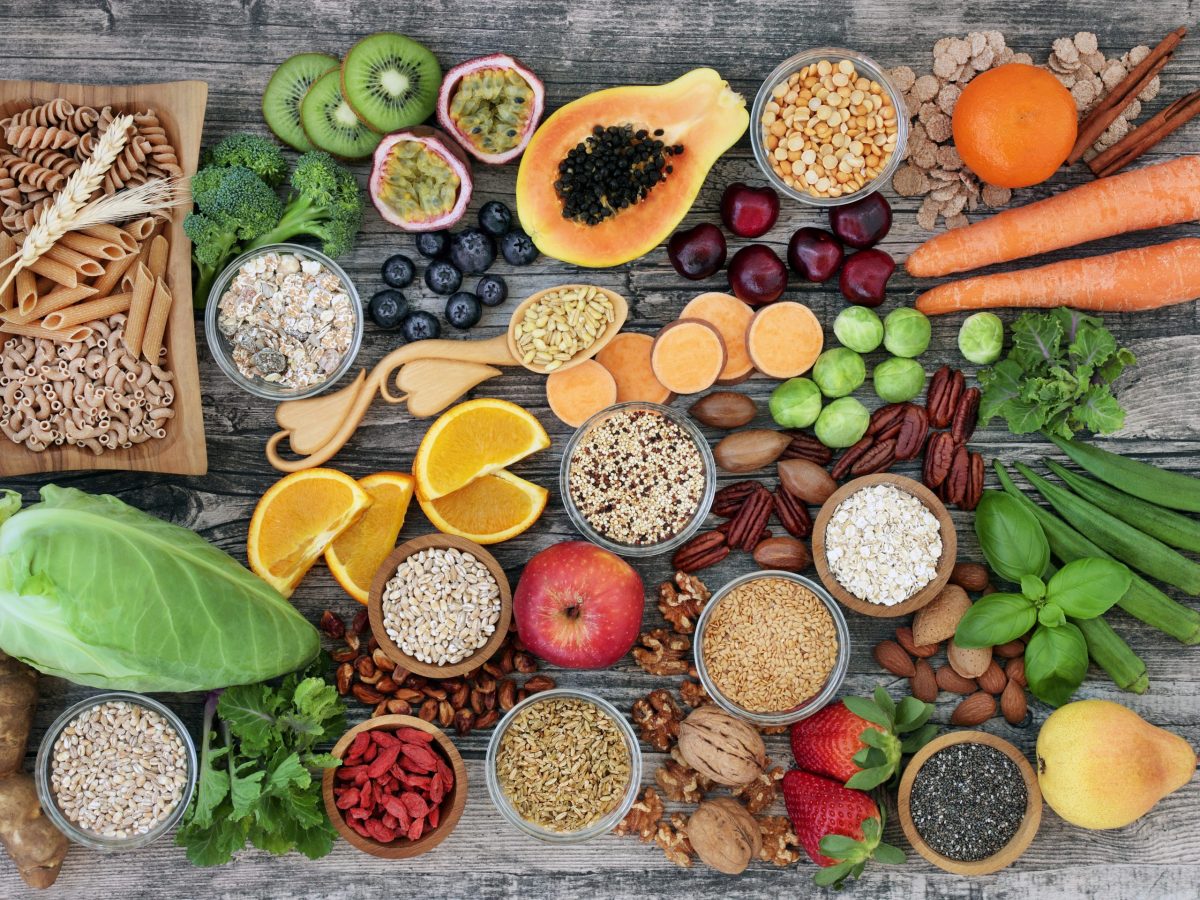In this thought-provoking podcast, guests Paul Polman and Chantelle Nicholson talk with Sourcing Matters host Aaron Niederhelman about building successful food systems that improve the health of people and the planet.
Paul Polman is former Unilever CEO, a previous member of the UN High-Level Panel for SDGs, and co-founder of social enterprise organisation Imagine. Chantelle Nicholson is a chef, plant-based cookbook author and regenerative food systems advocate.
The podcast is the seventh in the ‘Laying Down Tracks’ miniseries, a collaboration between the United Nations and Sourcing Matters that aims to ‘lay the terrain’ in the lead-up to the UN’s inaugural Food Systems Summit in September.
Imagine: Food corporation CEOs collaborating for impact
Paul Polman says business must be part of sustainable developments in our food systems but that it is difficult for firms to effect substantive change individually.
“If you work in silos you will never get these changes implemented because the farmer can’t afford it, but if big corporations come to work together across the value chain; you create value at a different level,” he contends.
Imagine, the venture Polman co-founded, is “a social benefit organisation that brings together a critical mass of CEOs in a specific sector – in our case, food”, he explains.
“With Imagine, we’ve brought together 30 CEOs of major food companies in the value chain”, Polman says. “Now …we can really start to move these things forward.
“People are realising that putting others’ benefit first can benefit their business, too.”
Collaboration, it seems, can also boost producers’ bottom lines: “Increasingly, companies that are outperforming their competitors have multi-stakeholder business models,” Polman says.
“It’s important that companies take responsibility for the wellbeing of society”, he adds, citing food waste as an example of what it takes “to become net positive in the world”.
With regard to achieving the UN’s SDGs by 2030, he says, “It’s unbelievable to still have more than 84 million people waking up hungry every day…2.5 billion food-insecure people. Yet we waste more than 25% of the food we produce.”
“It might not be easy…it might require alternative business models. The thing is to find win-win options – solutions that are better for everyone.”
Raising consumer consciousness
Chantelle Nicholson is a New-Zealand-raised chef who grew up eating seasonally and locally. She wrote plant-based cookbook Planted, and is a keen advocate for eating foods that are fresh, natural, and incude sustainably grown, preferably locally sourced ingredients.
Nicholson talks about the importance of developing consumers’ awareness of sustainability and health issues, and of provenance – how our food is produced, processed, packaged and delivered – as first steps in fuelling demand for food with greater nutritional and sustainability value.
Access the podcast
Listen to the 45-minute podcast here.
Source: Good Food for All – Episode #7 in the ‘Laying Down Tracks’ miniseries I Sourcing Matters/UN Food Systems Summit, 21 July 2021
Lead image: Foods that are healthy for people and the planet can reap profits for producers, too. Credit: Shutterstock

